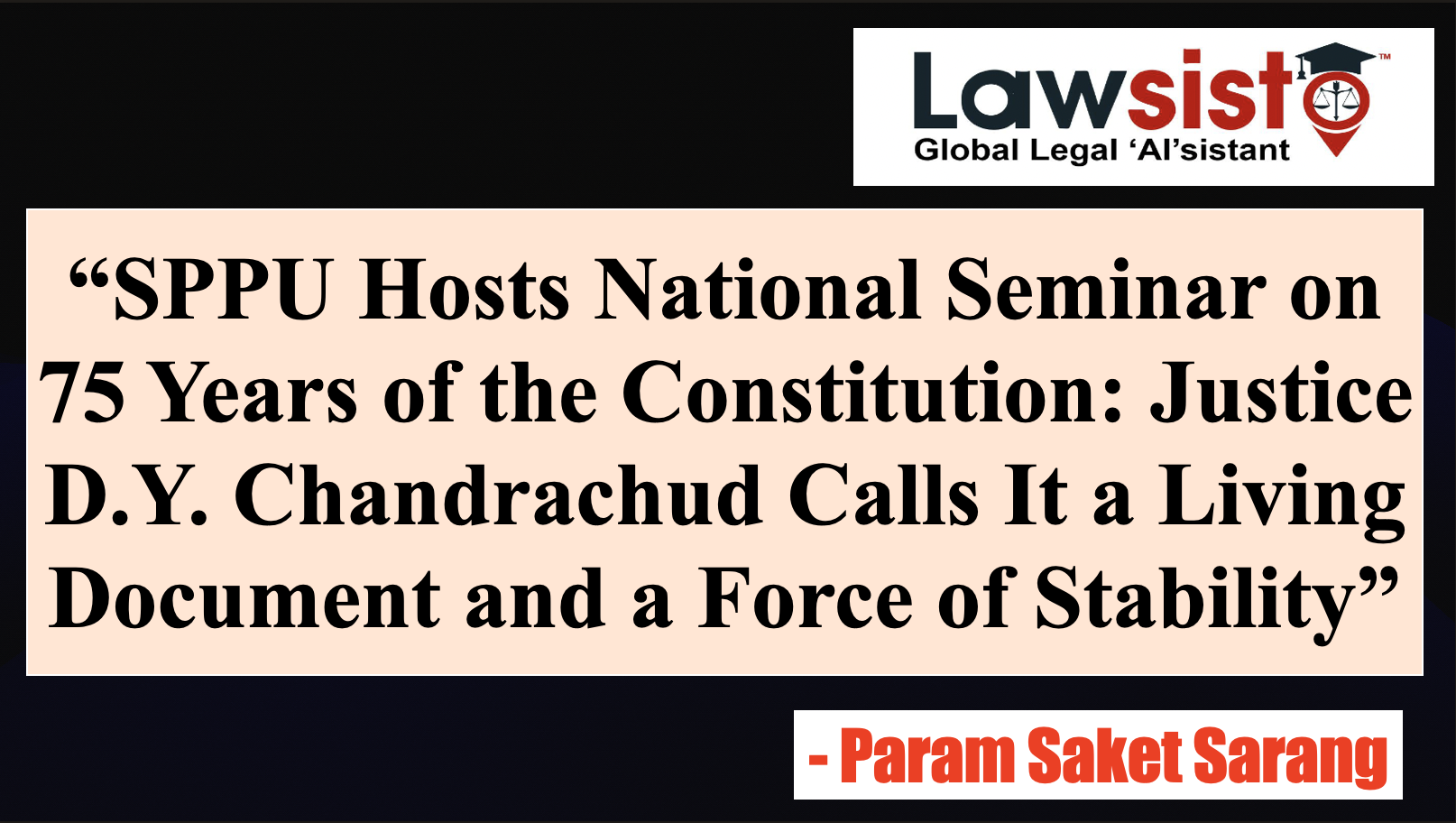Latest Articles
Legal Aid In India

India is known for its mass population but also its illiteracy. Approximately, around 70% of Indians don't know their constitutional rights and legal aid reforms which they can seek. And out of the whole, there are people who can't afford legal services which is one of the worst positions the legal aid reform in a county can be in. Citing this social and economic backwardness, the Parliament of India has incorporated a specific Directive Principle viz. Article 39-A. "Access to Justice" is a primary moto in the legal field which is also be a reflective to the primeval principal of law, that is "ubi jus ibi remedium". The prime obligation of a Union is to provide free legal aid to the poor, indigent and marginalized. It is their right supported by the Constitution Of India.
In order for citizens to have faith in the court system, the legal aid system should be available at ease and must raise awareness in all possible ways.
Legal Aid as a concept implies free legal services to the poor and needy, who can't afford legal proceedings in any court or authority. Until the service is provided to them, it is considered as justice being denied to them. The foundation of the right to legal aid is premises under a universally accepted principle of "Free Trial". The right to a fair hearing is universally recognized and documented.
If the concept is measured, one can say the legal aid in India is leaning towards a black hole, facing some major issues including the lack of awareness amongst it's people. NLSA has been ineffective in providing proper and adequate knowledge to the public about thier rights and the reforms available to them. Also, it has failed in making the rights and reforms friendly and easily accessible to the people who need it the most. The other issue here is the quality of service and disinterest of lawyers in cases. It is very important for lawyers to assure their clients that justice will be served. But lawyers or other authorities assigned through the NLSA have not shown much participation or interest which has made the need for guaranteed help hopeless. Also, delay in justice being served has always been in the question, which makes it pointless for the ones who need it.
NLSA has been giving legal aid service through NGOs which enable them to reach out to more people who are in need and to educate them sufficiently on their rights. It has been striving to provide each all the necessities one needs.
Legal Aid is not just for general public but also to people behind bars. Providing lawyers, procedural remedies and actions inside the jail, treating them with dignity, assisting them in the trial processes etc., are some of the duties of a legal aid professional. Anyone who seeks these services must be provided with them.
Legal aid plays a very important role in an individual's life. To spread awareness about these rights and the judicial process, the NLSA has opted the legal education system. This in turn will lead to the county and its people's welfare, safety and prosperity.
















































































































































































































































































































































































































































